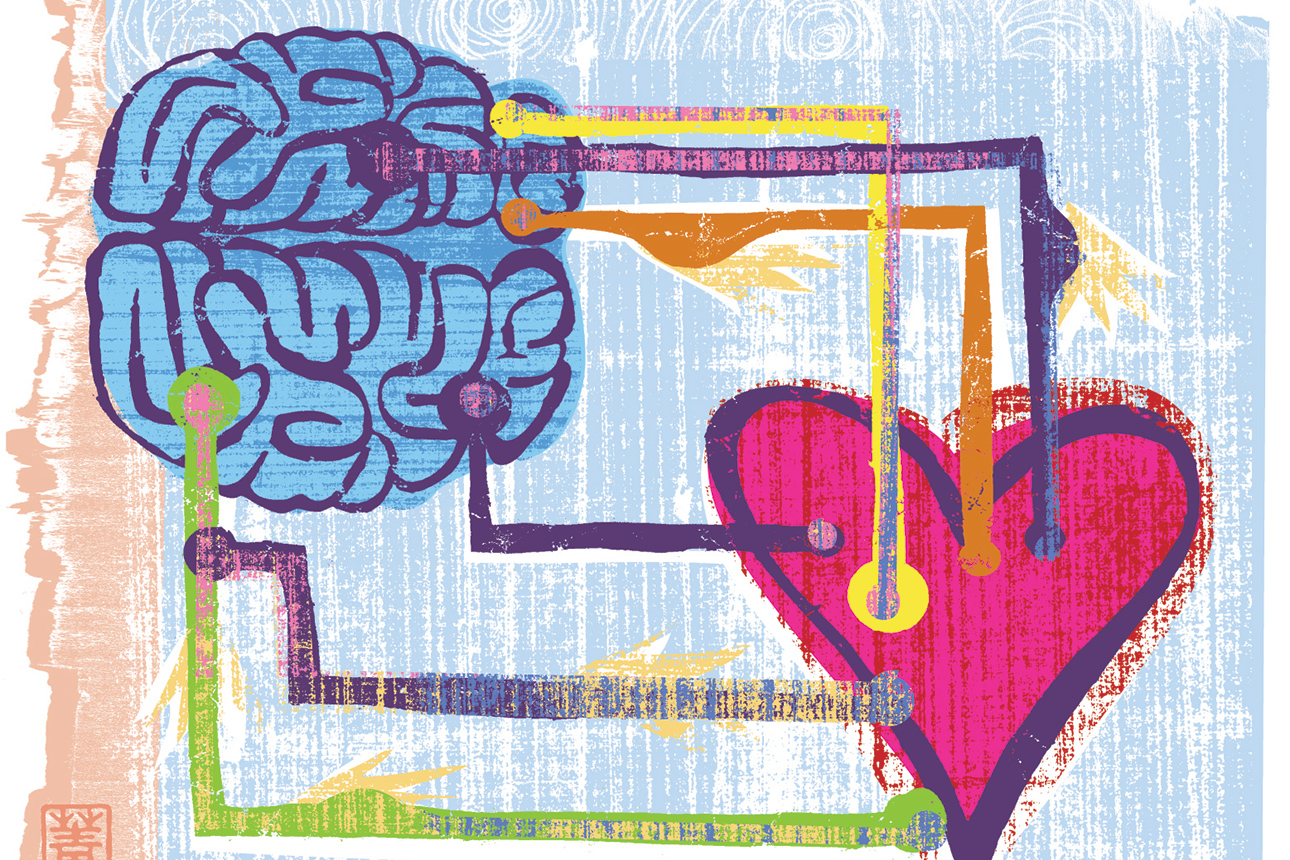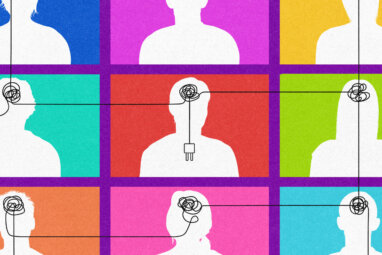When We Don’t Own the Things We Use, Will We Still Love Them?
New patterns of consumption will change brands’ customer relationships.
Topics

Image courtesy of Jing Jing Tsong/theispot.com
Businesses are moving to a new value proposition, offering consumers temporary access rights to experiential goods — and it’s inevitable that this trend will have implications for brands’ relationships with their customers.
This evolution in consumption, from a society of “owners” to one of “users,” gives us more access to a greater variety of goods at cheaper prices and reduces our carbon footprints. The cost is a reduced sense of psychological ownership of individual goods — the feeling that a thing is mine — but this decline may be offset by changes in how, and for what, we feel ownership. As our enduring relationships with concrete objects wane, our feelings of ownership for abstract concepts like the ideas, groups, and brands with which we identify should also rise. Here’s what businesses should understand about this evolution and its future consequences.1
The Increasing Value of ‘Experience’
Fueled by the rise of digitization and technology-mediated platform markets, our consumption of goods and services is evolving along two dimensions. First, we are replacing private ownership of goods with temporary access rights, and second, we are exchanging material goods for their experiential substitutes. For example, long-term ownership of a car can be replaced with on-demand use of car- and ride-sharing platforms like Zipcar and Uber. We are boxing up libraries of physical media — books, CDs, DVDs — in favor of subscription platforms where we stream digital. Even our data is migrating from paper records and physical hard drives to corporate cloud-based platforms. In this exchange, we forgo the bundle of rights that comes with private ownership of physical goods for temporary access rights to experiential goods.2
Access-based consumption is not new: It’s how we have traditionally availed ourselves of amusement parks and country clubs, libraries and hotels, public transportation and taxis. Technology-mediated platform markets, however, are accelerating and broadening the diffusion of access-based goods.3 Uber drivers made more than 1 billion trips in 2020, in the middle of a pandemic, and streaming is now the most common way to listen to music.4
Access-based as-a-service consumption models offer many real benefits. We can temporarily consume goods that we otherwise could not afford or would not want to permanently own.
References (14)
1. C.K. Morewedge, A. Monga, R.W. Palmatier, et al., “Evolution of Consumption: A Psychological Ownership Framework,” Journal of Marketing 85, no. 1 (January 2021): 196-218.
2. C.K. Morewedge, “Psychological Ownership: Implicit and Explicit,” Current Opinion in Psychology 39, no. 6 (June 2021): 125-132.




